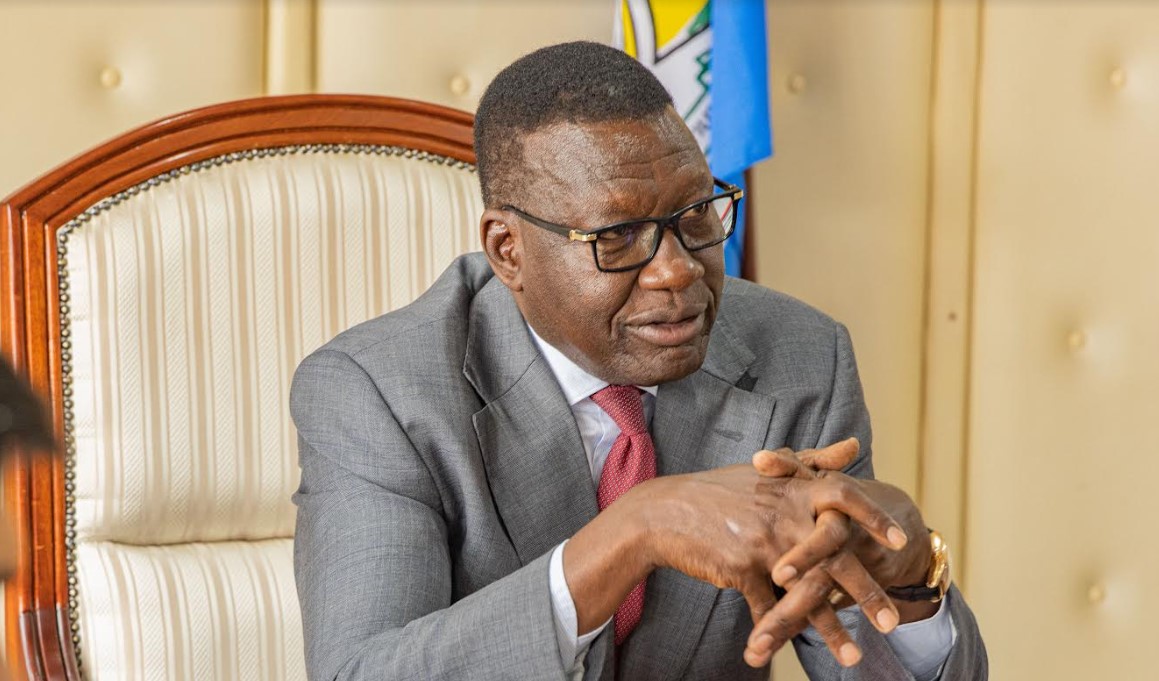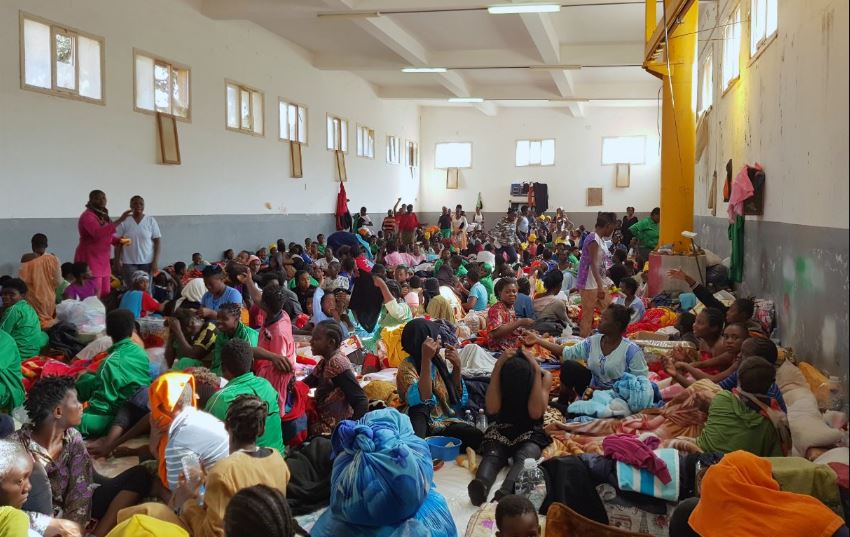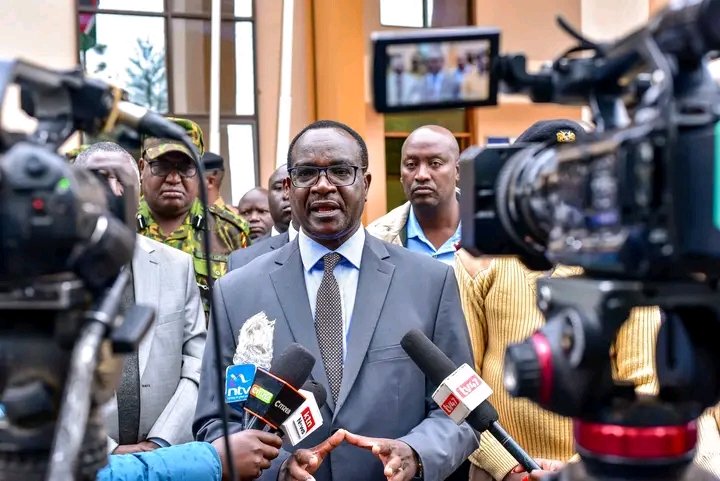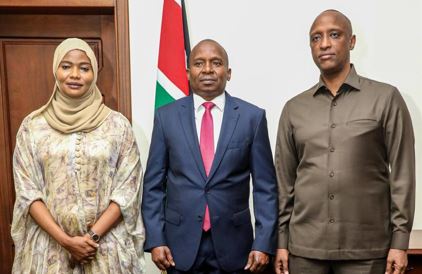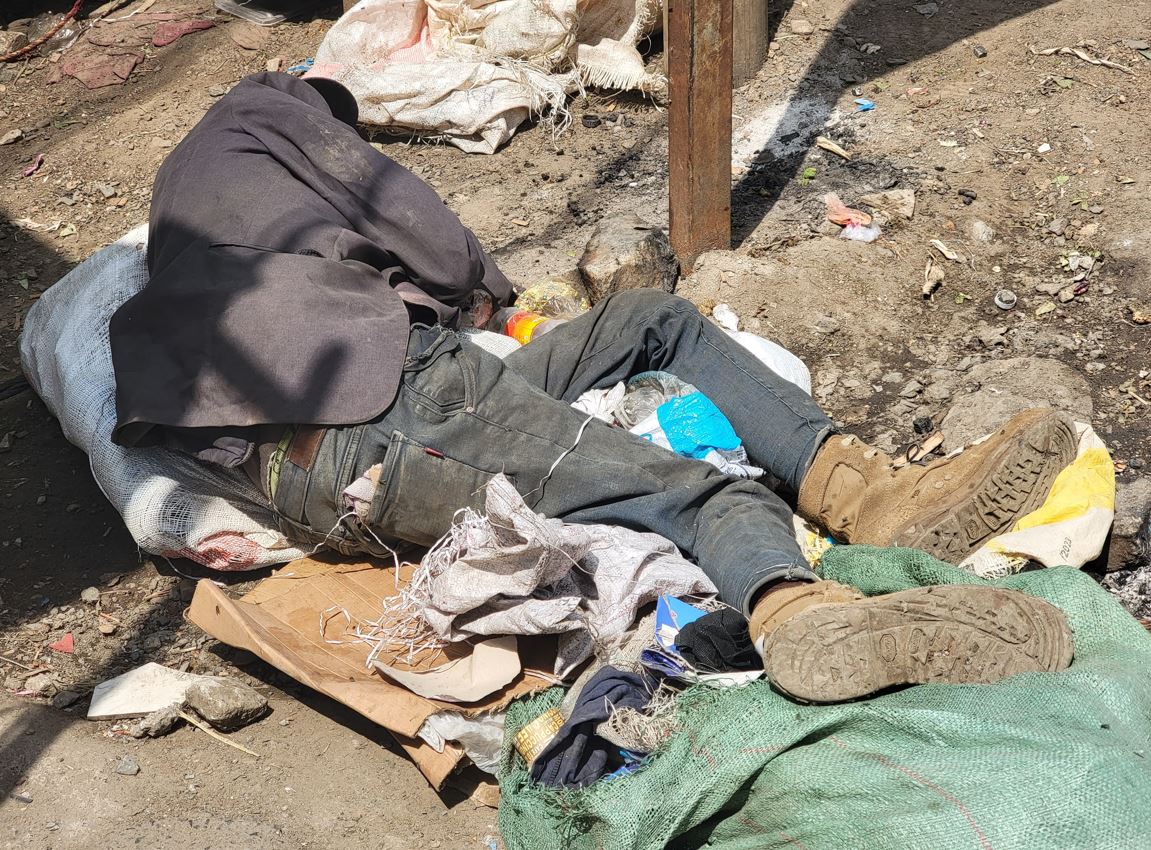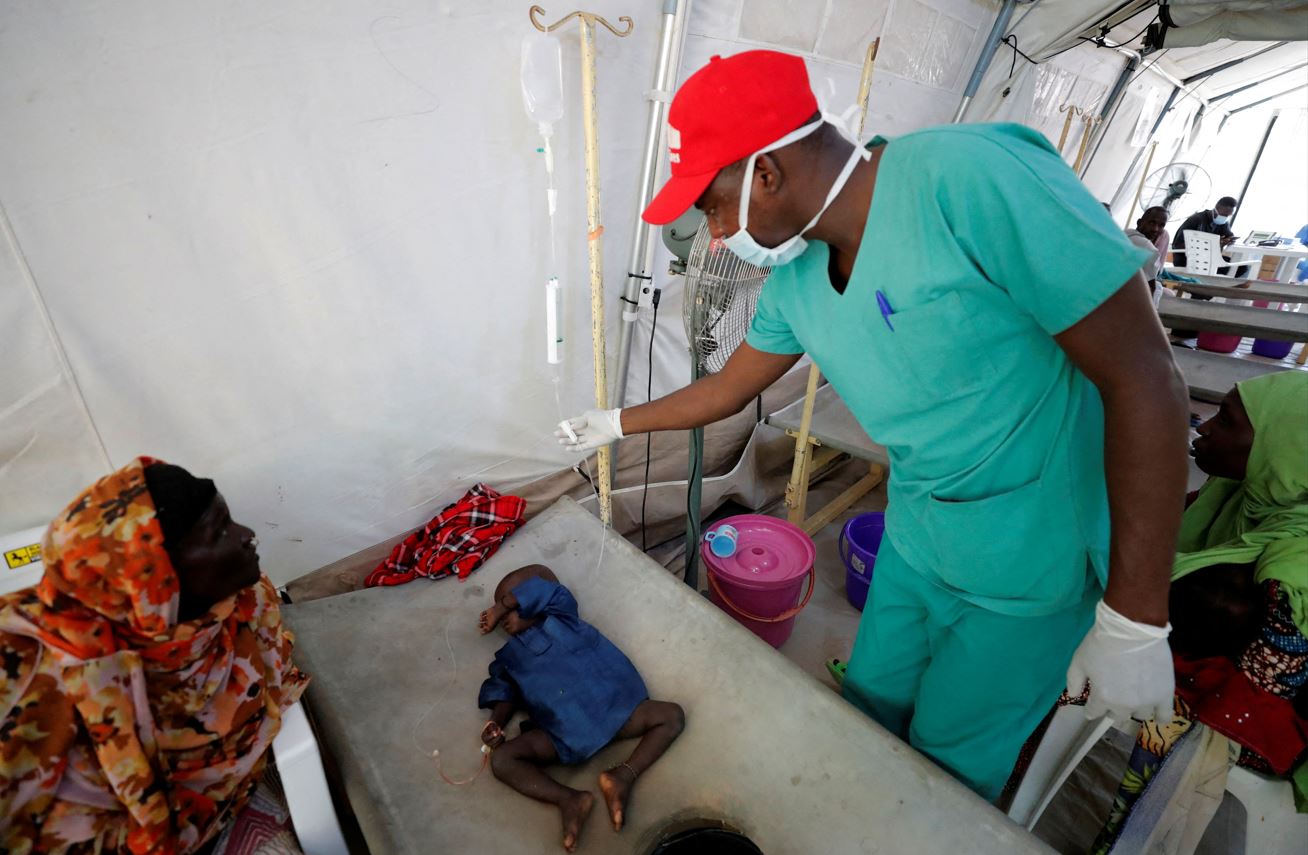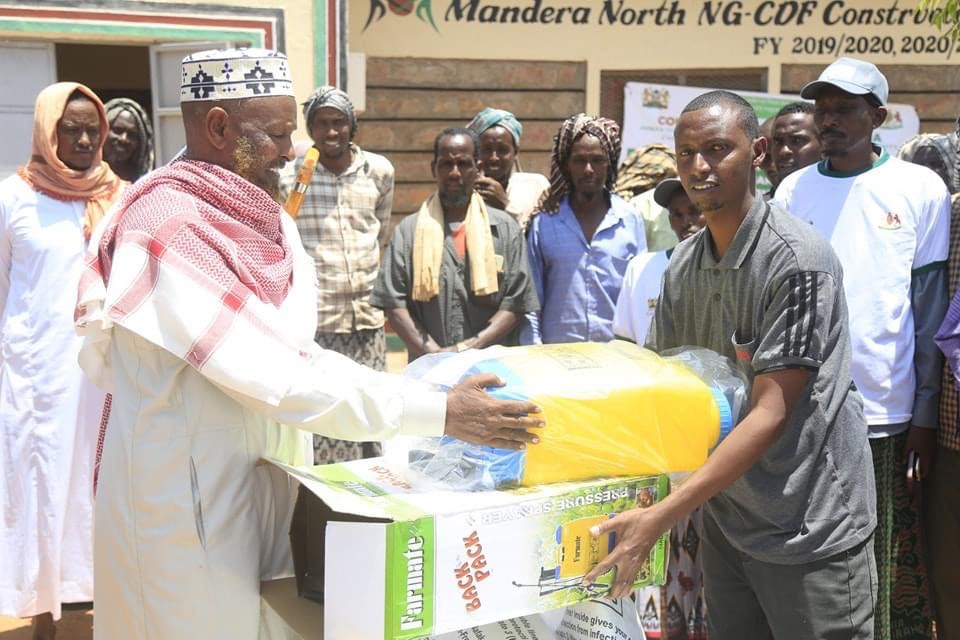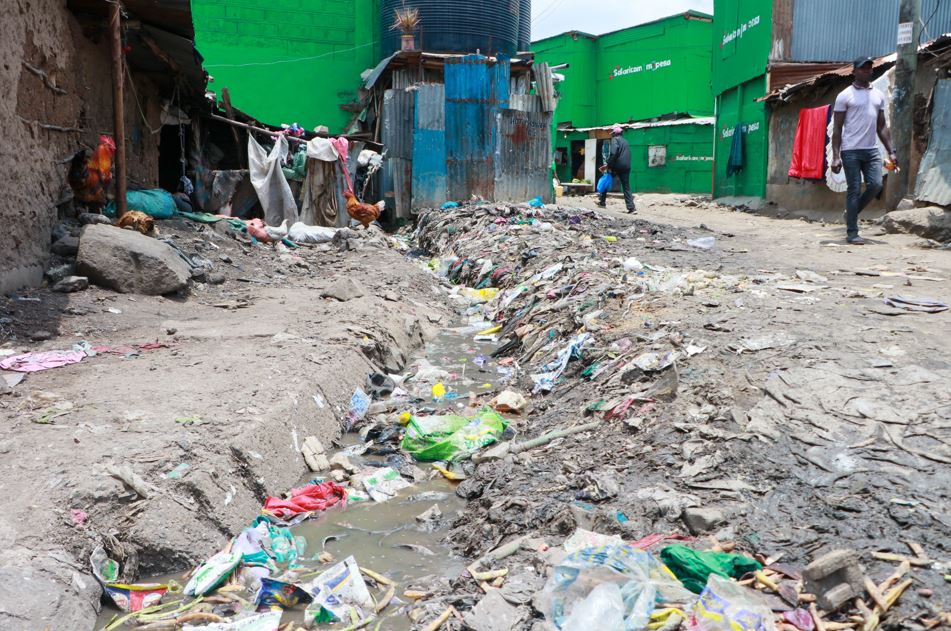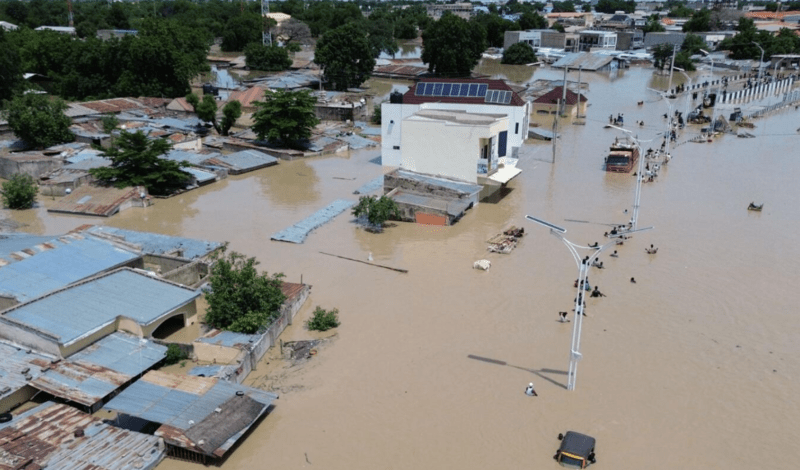No relief in sight: Flood victims voice frustration as promised aid fails to arrive

By Charity Kilei |
Kenya, like many other nations, is grappling with severe challenges due to climate change, including extreme weather patterns that disrupt agriculture, water resources, and economic stability.
Pamela, not her real name, is in her late sixties and can hardly hide her frustration after months of empty promises and countless interviews that led to no meaningful support. While she watched others, some of whom were never affected by the floods, receive aid, she was left to fend for herself.
Pamela has lived for many years along the riparian land near Majengo Slum, and she was among those hardest hit by the devastating March-May floods. Despite the grave risks, she had no choice but to stay in her deteriorating home long after the floodwaters receded.
Keep reading
- Conflict, climate change, and poor hygiene practices fuel cholera resurgence
- Drone adoption in Kenya faces major challenges despite rapid growth
- Garissa farmers decry low harvests due to lack of agricultural machinery
- Post-flood recovery: Lessons from Germany, Nigeria on how to help people cope with loss
The promised aid never arrived, and after waiting for months, Pamela, like many other women in her community, signed up, hoping for a chance at compensation. Unfortunately, she was not one of the fortunate ones to benefit.
“When the floods came, we were asked to write down our names to get help. But whenever aid, like food or money, came, it went to people who weren’t affected at all. We don’t know when or why our names were taken off the list, but it felt like others were benefiting from our hardship.”
As she leads the Eastleigh Voice reporter to her home, Pamela points out the mud that still lingers in corners, left behind by the floodwaters. The clothes and bedding that were once submerged are now dry, but they sit forgotten in a corner, never to be used again.
Her small house, patched up with old sheets and makeshift repairs, can barely hold up, and with another flood season looming, she fears it may not survive another hit.
"I would love to move to a better place, but this is all I can afford. It’s painful to see others benefiting from the suffering of people like us. There are many women here who lost everything—our homes were swept away, demolished—but we have nothing to show for it," she says.
She notes that sometimes they stay silent and don't speak out because of threats from the community whenever these issues are raised.
Many communities affected by floods continue to struggle with the severe impacts of climate change. While adaptation remains a central focus at COP29, in Kenya, flood victims displaced from riparian lands face worsening hardships as the gap in support continues to grow.
Michelle Kanini, another victim living on riparian land, believes that creating employment opportunities is a more sustainable solution for people in her situation.
"I was affected by the floods, but I couldn’t afford to relocate to a safer place," Michelle says. "I wasn’t lucky enough to receive the compensation the government promised us. If I had a stable job, it would be easier to move somewhere better and rebuild my life. This is the reality for many of us who live here. We're stuck because we don’t have other options."
Michelle explains that the reason so many people continue to live in these flood-prone areas is because the housing is among the cheapest and most accessible. For many, the cost of moving to a safer, more stable location is simply out of reach.
"The homes here are affordable for people like us, especially those coming from rural areas where opportunities are scarce," she adds. "But with the frequent flooding, it’s a constant struggle, and we’re left with no choice but to stay in places where we’re at risk."
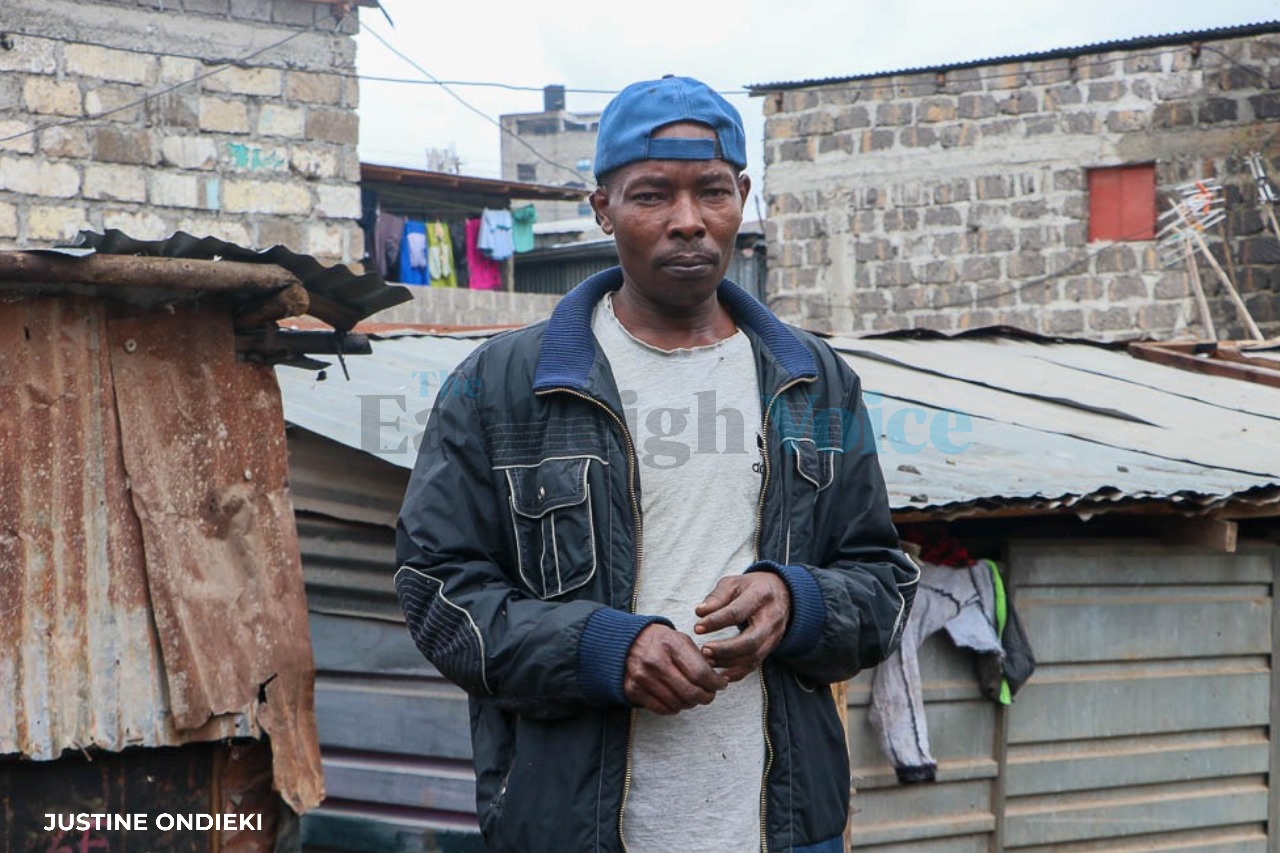 Pius Nzive, a resident of Kitui Village, during an interview on November 11, 2024. (Photo: Justine Ondieki)
Pius Nzive, a resident of Kitui Village, during an interview on November 11, 2024. (Photo: Justine Ondieki)
Pius Nzive, a resident of Kitui Village, echoes Michelle’s sentiment, calling for fairness and real action from the government as the affordable housing projects are rolled out to support flood victims.
"We keep hearing about these government plans, but when it comes to us on the ground, we don’t feel the impact. Just like with the flood compensation, we never received any aid," Pius says.
"We’re stuck here because there’s no other place to go. No jobs, no support, no compensation. Many of us have lost everything, but we can’t afford to start over."
Pius, who witnessed firsthand how the floods destroyed his home and swept away his belongings, says that the idea of moving to safer ground has always been a dream, but one that he can't make a reality without a stable income.
"If I had a better job, I would have moved by now. But instead, I’m forced to stay in the same area that was submerged during the last floods," he says. "The government keeps promising help, but it hasn’t reached us yet, and we’re left with no choice but to wait."
President William Ruto, speaking during his visit to flood victims in Mathare, assured displaced families that they would be provided with alternative land as the restoration of riparian land begins.
"For all 40,000 households that have been evacuated for their safety, the government will provide a stipend of 10,000 shillings to each household to support temporary relocation until further guidance is provided," he stated.
He also announced that the government had allocated Sh1 billion for the nationwide reconstruction of schools damaged by the floods, however, the majority of the flood victims never accessed the funds promised.
Climate change
Vincent Ondieki, representing the county government, spoke at an event organised by the Young Women Christian Association ahead of COP29, where various organisations gathered to discuss climate adaptation and mitigation. He stressed the importance of a comprehensive approach to addressing climate change, highlighting that issues should be tackled by sector, with a detailed action plan developed at the county level to effectively address these challenges.
"Any climate adaptation plan must align with the national climate strategy and the county's development framework," Ondieki explained. "By identifying key focus areas, the plan can address specific sector needs and ensure long-term resilience."
He also emphasised that monitoring and evaluation are essential for refining these plans and ensuring that progress remains on track to meet the evolving challenges.
As the Conference of the Parties (COP29) unfolds, a key concern for those affected by climate change is the need to be included and remembered in the financing process.
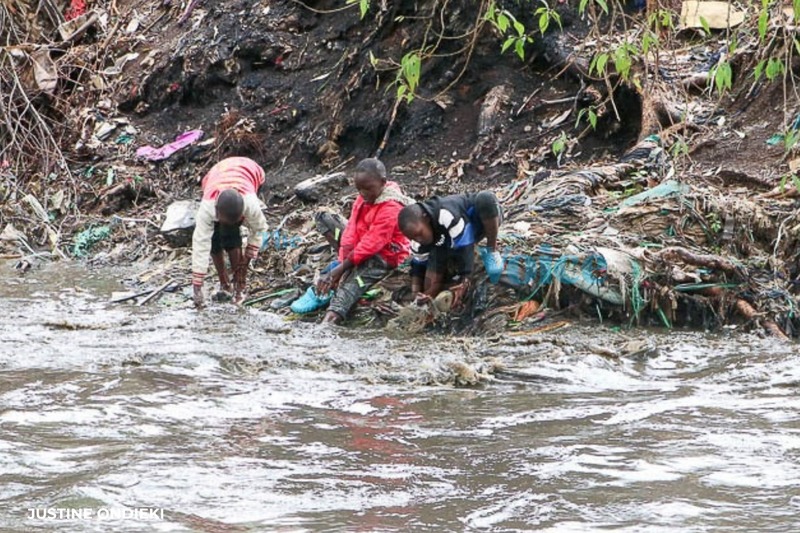 Children at the banks of the Nairobi River on November 11 2024. (Photo: Justine Ondieki)
Children at the banks of the Nairobi River on November 11 2024. (Photo: Justine Ondieki)
Kenya, like many other nations, is grappling with severe challenges due to climate change, including extreme weather patterns that disrupt agriculture, water resources, and economic stability. This makes adaptation and financing crucial to the country's response. Securing strong financial mechanisms and implementing effective adaptive strategies are vital for Kenya's resilience.
Adaptation is especially important for Kenya, as building resilience to climate impacts can significantly lessen the negative effects on communities and biodiversity. At the same time, climate finance remains a central issue, addressing both the nation’s immediate needs and Kenya's role in contributing to global solutions
Reader comments
Follow Us and Stay Connected!
We'd love for you to join our community and stay updated with our latest stories and updates. Follow us on our social media channels and be part of the conversation!
Let's stay connected and keep the dialogue going!



